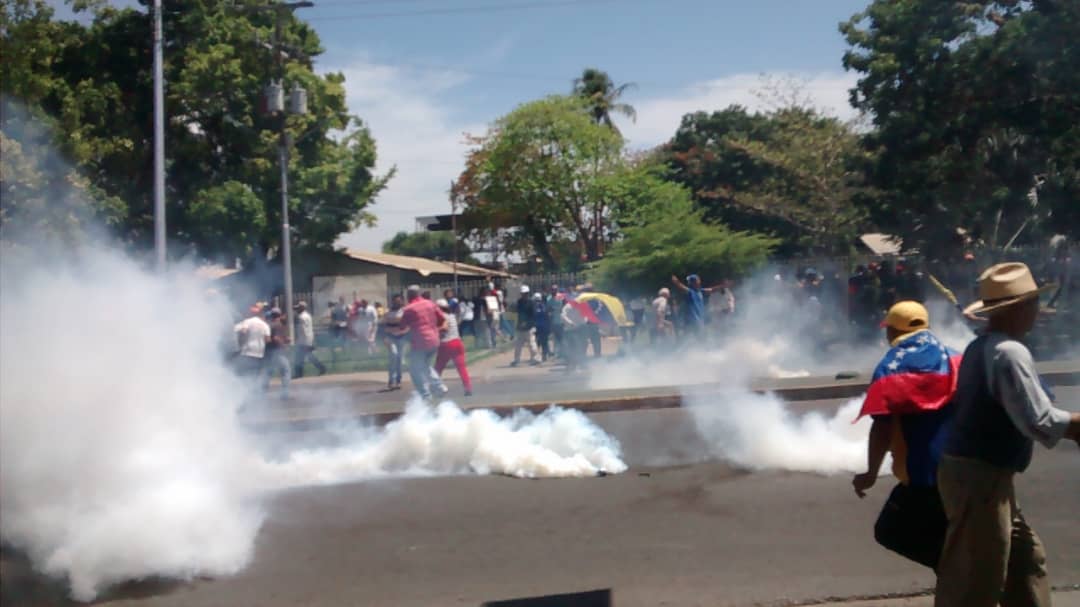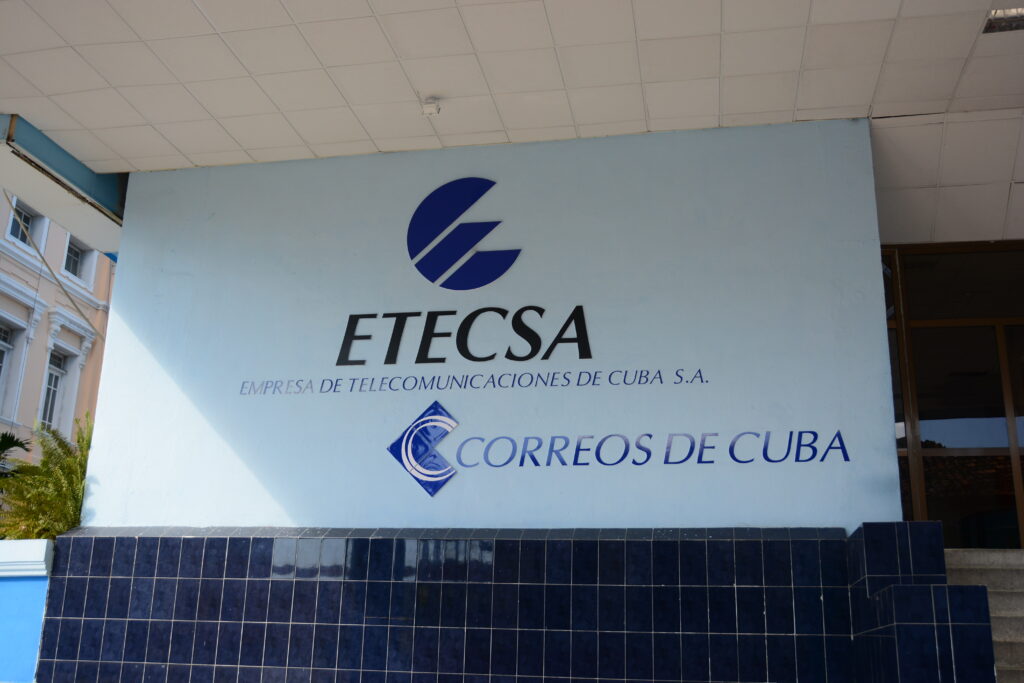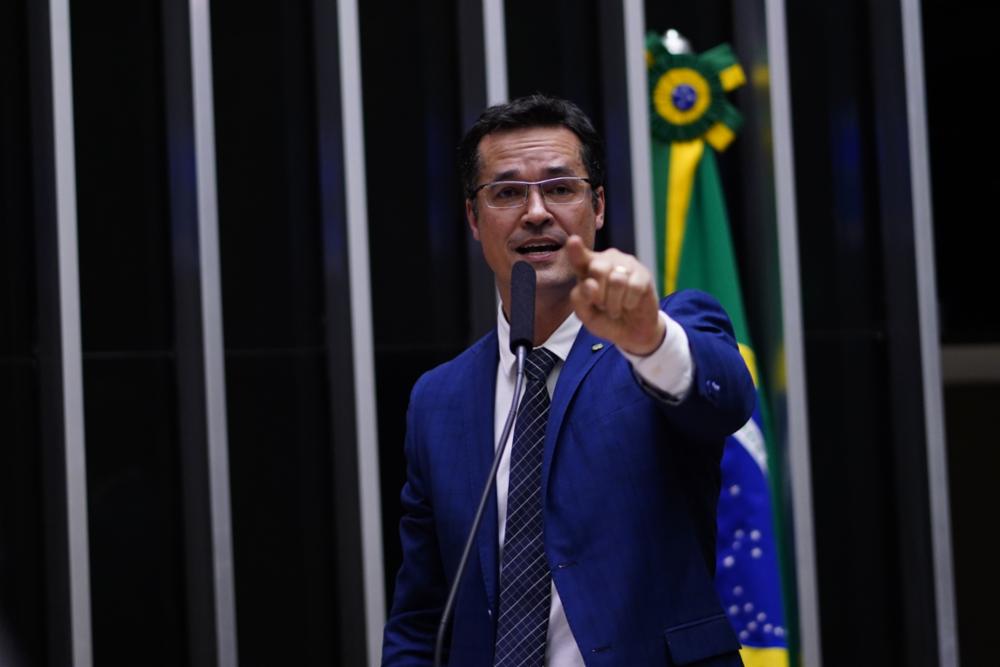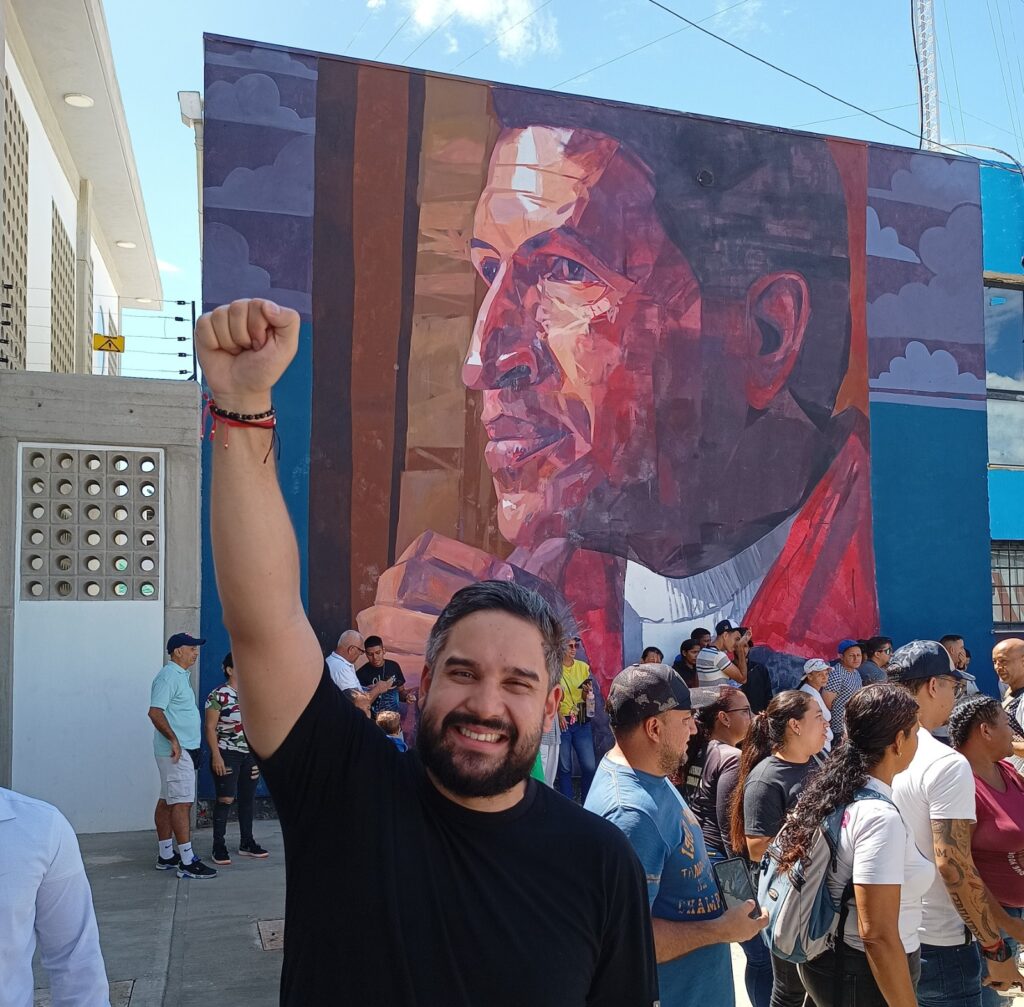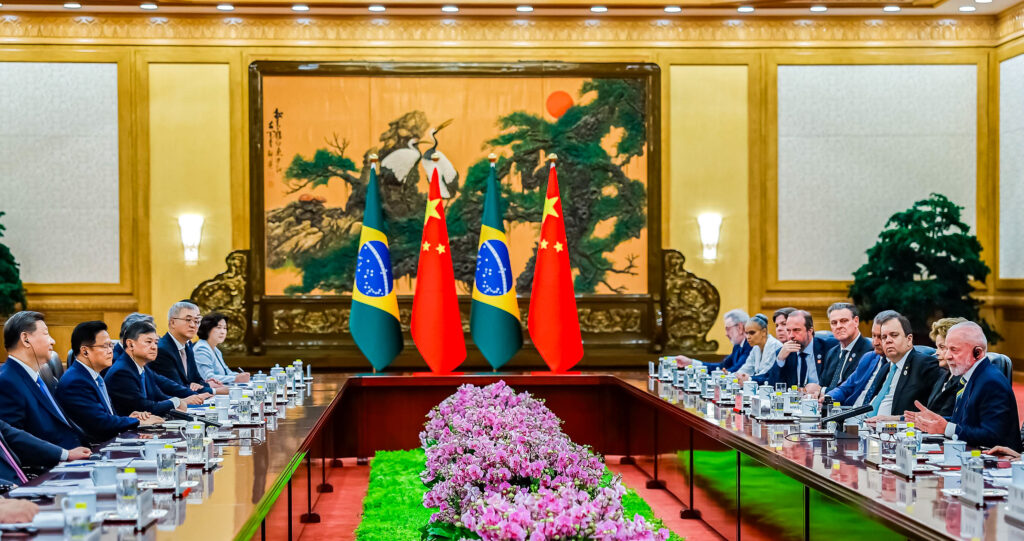Over the last two days, thousands of Venezuelans took to the streets in support of opposition leader Juan Guaidó. The 34-year-old is calling it the “final phase” of his “Operation Freedom” (#OperaciónLibertad), which aims to remove current President Nicolás Maduro from office.
Venezuelan human rights group Provea announced via Twitter that 109 people were injured in Tuesday’s demonstrations, 60 of those occurring in the capital city of Caracas. Reuters released a video of an armed police car attempting to run over civilians, and the Miami Herald reported that the events devolved into “brutal street battles” with tear gas, rubber bullets and live ammunition.
The big question is whether or not Guaidó has enough military backing to support his attempt to snatch the presidency from Maduro. In a video he released via Twitter on Tuesday morning, where he called for the armed forces to support him, he was flanked by over a dozen soldiers, but no sources have been able to confirm official numbers. On Tuesday evening, the head of the SEBIN (Venezuela’s secret service), General Manuel Ricardo Cristopher Figuera, announced his defection to Guaidó, which is a crucial step in getting more high-ranking officials to desert Maduro.
However, primarily using Twitter, the majority of high-ranking military officials – including Ministry of Defense Vladimir Padrino – maintained their allegiance and loyalty to Maduro and the day of protests ended in a stalemate.
Maduro used the forces loyal to him to repress the protests, although Latin America Risk Report suggested that the army was not used in major repressions on Tuesday due to fears that they would refuse to follow his orders. Instead, he used colectivos, illegal armed paramilitary groups, to intimidate the crowds of civilians. Guido Briceño, the president of Global TV Venezuela, spoke to Latin America Reports over WhatsApp messenger about how his use of “irregular” forces reflects the state of the country’s institutions.
“Calling [the colectivos] to protect the government shows how little respect they have for the [public] institutions,” he said. “Especially when we’re talking about Maduro himself and his second-in-command asking for these people to come to defend the state.”
A 29-year old Venezuelan, Daniel Granados, told NPR that he chose not to take to the streets with thousands of others in fear of the unjust repressions at the demonstrations.
“If you go out and march to reclaim your rights, the National Guard will kill you or the colectivos will rob and shoot you,” Granados said
Maduro’s silence on social media during Tuesday’s protests also suggested uncertainty from the leader. Netblocks reported on Twitter that the state-provided mobile carrier CANTV severely limited access to social media websites, which Guaidó uses extensively to communicate with his supporters. Access to social media was completely restored 20 minutes before Maduro posted an hour-long video on Twitter accusing Guaidó of inciting violence and handing Venezuela over to the “Yankee empire.”
“If you go out and march to reclaim your rights, the National Guard will kill you or the colectivos will rob and shoot you,”
Daniel Granados, Venezuelan citizen.
“What is evident is that there is a fracture in the heart of the government,” Briceño said. “In a crisis such as what happened yesterday, the presi – Maduro – didn’t appear, only in a recorded message. He sent the colectivos.”
Maduro has since been much more active on his Twitter, attempting to mobilize his followers to march for the workers’ day celebration. Briceño added that although there is still a contingent of Venezuelans who believe in Chavismo, there is also a “clientele” who receive food and money from the state just to attend political events in support of Maduro.
Rafael Uzcátegui, sociologist and coordinator of Venezuelan human rights program PROVEA, explained to Latin America Reports through email correspondence that Tuesday’s pro-Maduro march only attracted around 500 people. This reflects his decreasing popular support, he explained, adding that Maduro’s actions throughout the crisis have put him in a precarious position.
“Maduro has closed off all peaceful or institutional options to resolve the conflict,” he said. “In Tuesday’s case, it became evident how fragile the unity of those around him is, as well as the fracturing of the armed forces.”
In Guaidó’s dramatic dawnbreak video on Tuesday, it sounded as if he expected Operation Freedom to be definitively over that day by provoking “an avalanche” of military defections, David Smilde of the Washington Office of Latin America (WOLA) told The Guardian. However, Guaidó’s envoy to the UK, Vanessa Neumann, denied this, explaining that the plan was a “slow boa constrictor action.”
Uzcátegui also acceded that Guaidó might have acted too early. His countrywide demonstration was planned for Wednesday, and by acting the day before, without control of any complete military sector, he not only took the government by surprise, but also the group of democratic forces that could have helped him.
On Tuesday, Neither Maduro nor Guaidó managed to reach a clear victory. According to Uzcátegui, “paradoxically” both opposing leaders became weaker.
“Maduro managed to keep power, but in a situation where it seems as if any of his official spokespersons could betray him at any moment,” he said. “On the other hand, there’s a general feeling that Guaidó didn’t fulfil his objectives and left himself open to a government offensive.”
Regardless, the expectant leader has not finished. On Wednesday evening, Guaidó took to Twitter to explain how he planned to paralyse the country with strikes.
“The definitive phase of #OperacionLibertad started yesterday with the participation of our armed forces, and today our public workers will unite. We are going to join them in their proposal for staggered strikes which will start tomorrow until we get to a General Strike.”
According to Briceño, the Venezuelan people have reached a point where they refuse to accept the lack of public services, the food shortages, and the unlivable salaries.
“Without a doubt, the Venezuelan crisis is at breaking point. Something is going to happen […] The people are ready to do whatever they have to, because they have nothing to lose. Electricity, their lives, their jobs, their food; they’re going to risk it because they’ve already lost it all.”
Read more about the crisis in Venezuela here:


